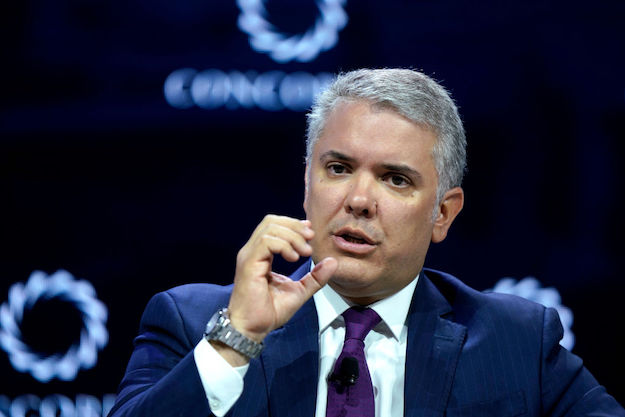It’s August, a month notorious in Brazilian history. So many significant events somehow have occurred as the southern winter gives way to spring. This year is hardly an exception. Finally, Brazil has almost passed a constitutional amendment providing some relief to a retirement structure that has become a rising component of the national fiscal deficit.
The House of Representatives overwhelmingly approved, twice, the constitutional amendment and now the Senate is poised to act – while representatives move on to look at the tax reform.
Attention to these issues is clearly a necessity. Public expenditures have virtually doubled as a percentage of income over the last 30 years, with pensions taking up more than half of the federal budget – and there is a reluctance to once again raise taxes to cope. One can ignore significant demographic changes only so long.
The proportion of the population living longer is growing, while the percentage of the population older than 65 is likewise advancing. These together raise the percentage of total income required to pay benefits. Regular restructuring of the social security system becomes necessary or the public sector deficit will increase as it had been doing.
So will the accumulated national debt as a proportion of national income. That is the reason why capitalization of the security system appeals. Under those circumstances, the rate of return earned is based entirely upon market results of chosen private firms. They, of course, command a private return.
Economy Minister Paulo Guedes is so insistent upon this change, based upon his Chilean experience, that another constitutional amendment providing for such a system is about to go forth to legislators. That will require public savings, instead of the current deficit, to accomplish. Support for it is far from assured within a still divided congress.
That necessity ignores the problem states and municipalities currently have, one likely to increase as it has been doing. Despite constitutional requirements, fully 15 states no longer comply; their fate has been handled by increased federal debt. Exclusion in the new social security law omits a source of relief. So too, is the likelihood of a new division of total revenues
Some help will come in the attempt -yet another- to simplify the tax structure in Brazil. Few countries have paralleled the large rise in tax revenues experienced since return to civil governance. This gain has largely been the consequence of a series of new taxes levied on old ones, and usually accompanied by special subsidies. The result is a range of taxes upon taxes, with inefficiencies in resource allocation and a continuing dependence upon ‘special’ short-term relief to aid economic expansion.
Some modest gain is expected, but far from resolving the problem. Any reform will seek to retain aggregate tax receipts as they are now. That is hardly an easy task. Every year, it seems, the January forecasts for rapid recovery soon give way to the reality of much lesser expansion, if any. This year is no exception. Indeed, preliminary estimates of growth just published for the first half of 2019 indicate an unwelcome return to recession.
Initial concentration of executive responsibilities encountered congressional opposition. None of the three leaders of the executive branch – Bolsonaro, Guedes and Justice Minister Sergio Moro – anticipated such limits. Efforts to implant private competition take time and may lack broad support. The leaking of Moro’s private messages as a Lava Jato judge led to tales of impropriety. Bolsonaro’s efforts to resolve internal violence and return Brazil to immaculate moral greatness have not received full public acclamation.
In response, Bolsonaro has become more cognizant of his weakening support. Congress is much more engaged, providing less reliable support to the president. While the required budgetary estimates for 2020 presume no increase in minimum wages, he already has suggested support for minimum wage increase. He started with lesser approval than any popularly elected Brazilian president since the end of military rule. And that has since declined.
Some of Bolsonaro’s support -as is occurring globally in many other countries- comes from the far right. Steve Bannon, after all, was an informal adviser of his campaign. That is consistent with Bolsonaro’s continuing rejection of personal choice regarding gender, religion, education, human rights, etc. that represent the foundation of modern democracy. In its place stands rigidity of rules and avowed willingness to punish.
His personal hero is clearly Donald Trump. That should not be a great surprise. Like him, Bolsonaro relies extensively upon his personal family and close friends to shape policy. Note the choice of his son as Brazilian ambassador to the United States, already lauded by Trump.
Bolsonaro reacts adversely to criticism and a free press. He, too, is prone to appointments who do not merit approval. Within his administration great differences in judgment -and external influence- can be found.
All of this comes at a critical time for Brazil. For growth to renew, and unemployment to fall, will require coherent and intelligent policy, not for months but over years. Can the Bolsonaro government start the process?
—
Fishlow is professor emeritus at the University of California, Berkeley, and Columbia University. His most recent book, Agriculture and Industry in Brazil is forthcoming in English (Columbia, 2020).







